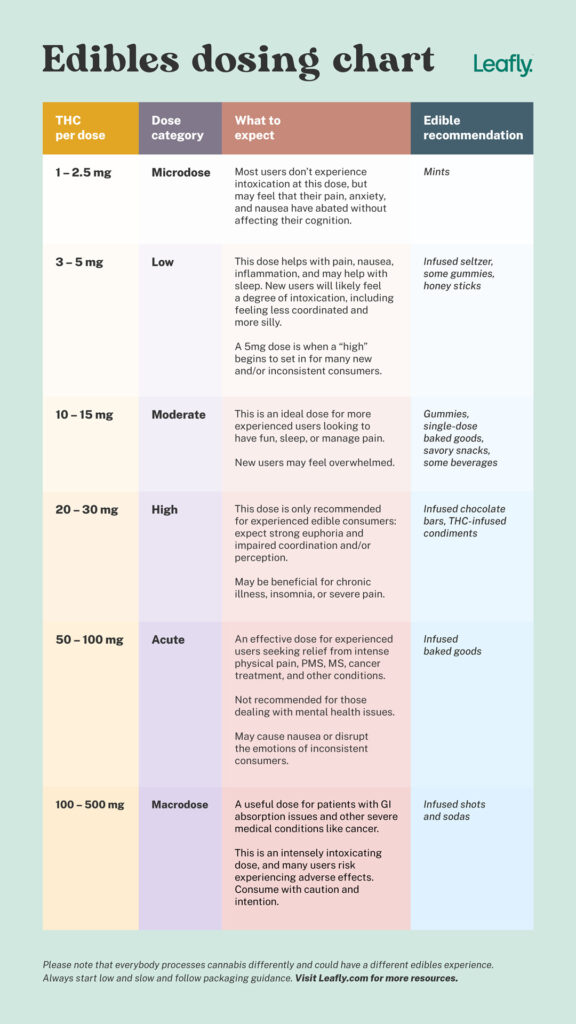Kentucky just legalized medical cannabis: Here’s what happens next

Well, here’s some positive news to cap off your week!
Earlier today, Kentucky became the 38th state to legalize medical cannabis when Governor Andy Beshear (D) signed Senate Bill 47 into law.
The victory follows failed attempts to pass similar legislation in 2020 and 2022.
While SB 47 provides a substantial overview of how the program will operate, we caution our friends in Kentucky from getting too excited: It’s gonna be a hot minute before qualifying patients can purchase medical marijuana in the Bluegrass State.
Read on to learn more about the qualifying conditions for medical cannabis in Kentucky, the types of products that the law will permit, and when shops could open their doors.
When will medical cannabis become available in Kentucky?
Medical marijuana could become available for purchase as early as January 1, 2025.
Senate Bill 47 puts the Kentucky Cabinet for Health and Family Services in charge of establishing regulations for the program. According to the bill text, that office must finalize many program policies and regulations by July 1, 2024.
Karen O’Keefe, director of state policies at the Marijuana Policy Project said:
“Kentuckians who are suffering will finally be able to have access to safe, legal medical cannabis. We applaud the Kentucky legislature for recognizing the value of medical cannabis and passing legislation that will help provide relief and meet the needs of patients with serious medical conditions throughout the state, and are also grateful for the governor’s championing of this compassionate issue.”
What forms of medical cannabinoids can Kentucky medical patients purchase?
Kentucky’s medical marijuana patients will have access to the standard forms of marijuana—edibles, oils, tinctures, capsules, etc.—with one strange exception:
Dispensaries cannot sell “raw” cannabis flower for smoking purposes. Buuut, patients can purchase flower to vaporize. Pre-rolls are out.
The bill also includes a couple of potency limits: Flower cannot contain more than 35% THC. Concentrates and topicals cannot contain more than 70% THC. Edibles cannot contain more than 10 milligrams of THC per serving. Is that bad? The flower potency and edibles potency caps should be fine, but the extracts potency cap will be problematic.

“Today is an incredible victory for Kentucky,” said Matthew Bratcher, Executive Director of Kentucky NORML. “For years, Kentuckians have been calling for medical cannabis legalization and now they will have the freedom to safely access regulated, therapeutic products right here at home. While there is still work to be done, this is a historic step and we look forward to continuing our work representing Kentucky patients.”
How much cannabis can Kentucky patients possess?
Kentucky will allow medical marijuana patients to possess up to a thirty-day supply of marijuana at home, and to have up to ten days’ worth of marijuana on their person.
Officials will need to determine the quantity that constitutes a thirty-or-ten day supply.
SB 47 does not allow for homegrow. Boo.
Will Kentucky tax medical marijuana for patients?
Patients will not pay state or excise taxes on marijuana, but the state will subject dispensaries and producers to taxation.
Who will qualify as a medical cannabis patient in Kentucky?
Senate Bill 47 lays out a list of current qualifying conditions for medical marijuana. They include:
- Any type or form of cancer regardless of the stage
- Chronic, severe, intractable, or debilitating pain
- Epilepsy or any other intractable seizure disorder
- Multiple sclerosis, muscle spasms, or spasticity
- Chronic nausea or cyclical vomiting syndrome that has proven resistant to other conventional medical treatments
- Post-traumatic stress disorder
Senate Bill 47 also allows for a newly-formed state office, the Kentucky Center for Cannabis, to add more qualifying conditions to the list.
The program dictates that certification only remains valid for 60 days at a time, and patients must have their initial visit in person.
What else do potential medical patients and marijuana businesses in Kentucky need to know?
The bill contains some other important information for potential businesses and patients alike:
- Kentucky will not allow marijuana businesses to engage in advertising.
- A local government can decide to opt out of allowing dispensaries, but residents can vote to opt back in.
- The state Board of Physicians and State Board of Nursing will certify practitioners to legally certify patients

